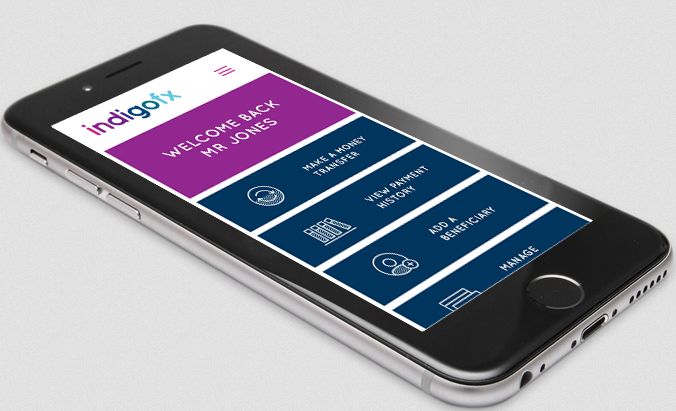Limit Order
A restriction order lets you set the minimum or maximum price from which you would want to purchase or sell currency. This enables you to make the most of rate fluctuations beyond trading hours and delay for the desired rate.

Limit Orders are best for clients who may have another payment to create but who still need time for you to acquire a better exchange rate as opposed to current spot price prior to payment must be settled.
N.B. when locating a stop order vs stop limit order there’s a contractual obligation so that you can honour the agreement as in a position to book in the rate that you’ve specified.
Stop Order
An end order permits you to run a ‘worst case scenario’ and protect your bottom line if your market would have been to move against you. You can set up a limit order that will be automatically triggered if your market breaches your stop price and Indigo will get your currency with this price to make sure you tend not to encounter a much worse exchange rate when you need to make your payment.
The stop permits you to take advantage of your extended period of time to get the currency hopefully at the higher rate but in addition protect you when the market ended up being oppose you.
N.B. when placing Stop order there is a contractual obligation so that you can honour the agreement as capable to book the interest rate for your stop order price.
For additional information about difference between market and limit order browse our new net page: visit site


Recent Comments